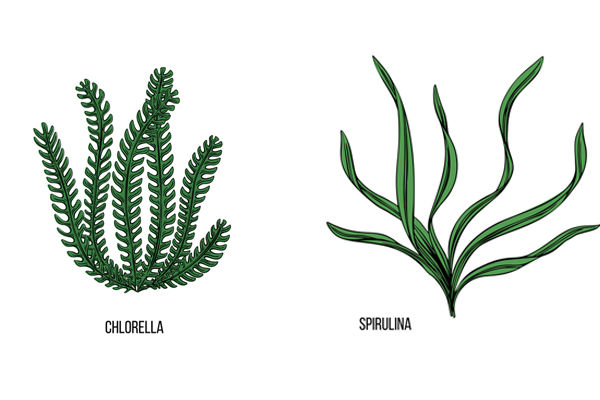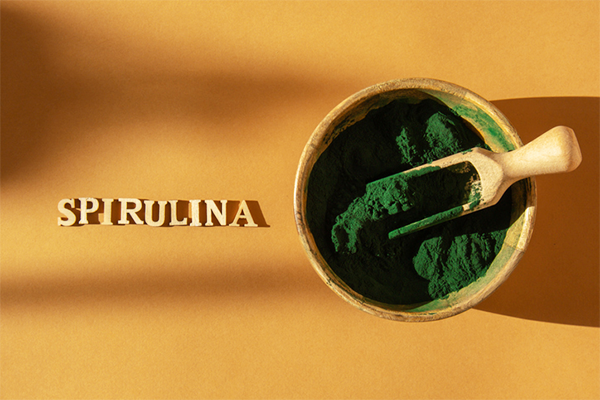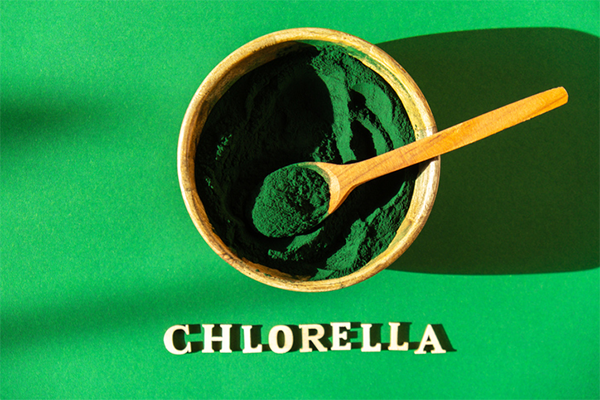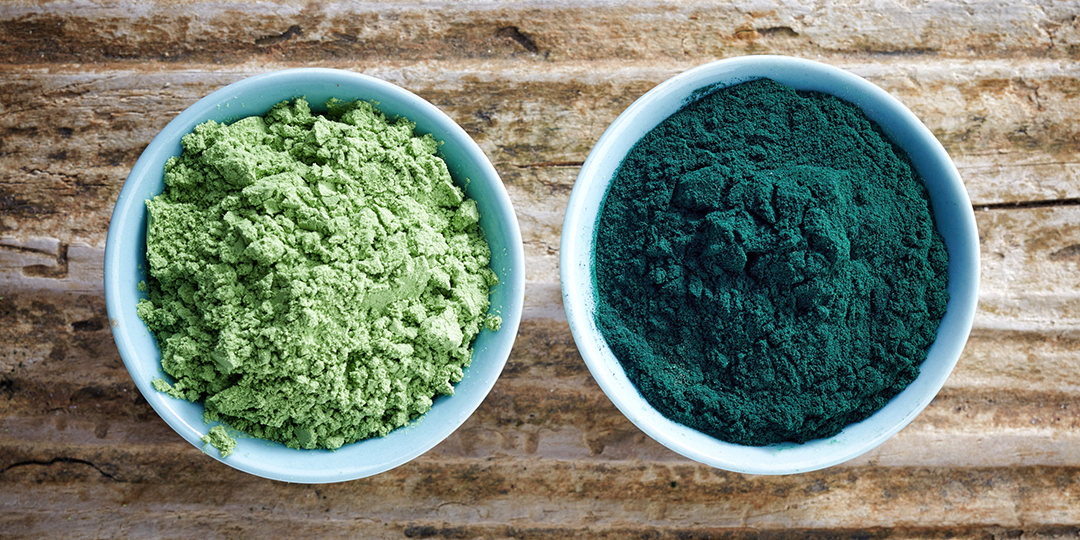When it comes to greens supplements, two main types of nutritional algae stand out: chlorella and spirulina. Both are microalgae dried into a dark green powder and packed with essential nutrients like healthy fats and vegan protein, according to BODi Principal Scientist Paul Falcone.
While both are rich in antioxidant-like compounds and are taken as health-promoting supplements, the question remains: is one better than the other?
Falcone sheds light on the chlorella vs spirulina debate, so keep reading to discover which green algae reigns supreme as the ultimate high-quality, plant-based source of vitamins, protein, and antioxidants.
Understanding the Distinction Between Chlorella and Spirulina

There are two primary differences between these microalgae: their processing methods and nutritional profiles.
1. Processing
Spirulina is harvested and dried through a traditional commercial process used for centuries by indigenous cultures in Africa and Mexico.
Chlorella, on the other hand, requires its cell wall to be cracked for digestibility and to prevent potential photosensitivity issues among consumers. This additional step in the packaging process explains why spirulina initially gained more popularity. Chlorella was only discovered in the 1800s and started being packaged with the necessary cell wall penetration in the 1970s.
2. Nutritional Profiles
Despite spirulina having a longer commercial history, chlorella may offer superior nutrition. Falcone notes, "Chlorella takes the lead here due to its higher levels of essential nutrients."
Health Benefits of Spirulina

While chlorella may have a nutritional edge, spirulina boasts numerous health benefits. Here are some of its key properties.
1. Vitamins and Minerals
Spirulina offers higher copper content than chlorella, nearly doubling the daily value per ounce. It also contains slightly more vitamin B1, also known as thiamin.
2. Protein
With 16 grams per ounce, spirulina is a rich source of plant-based protein. Its protein content is not only high but also includes a wide array of amino acids, essential for protein quality.
Health Benefits of Chlorella

While spirulina may outshine chlorella in some aspects, chlorella excels in many more. Here are a few examples of its health benefits.
1. Vitamins and Minerals
Compared to spirulina, chlorella contains over seven times the phosphorus, a crucial mineral essential for DNA, RNA, and ATP, the energy molecule's structure.
2. Protein
Similar to spirulina, chlorella is approximately 50% protein by weight, providing a valuable plant-based protein source.
3. Chelation
Both microalgae are effective in detoxifying heavy metals from the body. However, chelating with chlorella offers additional benefits beyond what spirulina provides.
Falcone highlights that while chlorella production was more complicated than spirulina in the past, the harvesting process has evolved. "Currently, cell wall cracking is integrated into chlorella's harvesting process, allowing for efficient production comparable to spirulina. Given chlorella's superior nutritional content, I anticipate its increased presence in the market."
4. Healthy Fats
In a study comparing multiple spirulina and chlorella samples, both algae types contained essential fatty acids. However, chlorella appeared to offer higher levels of specific healthy fats among the nine samples, reflecting variations in growing conditions and processing.
Insights on Cardiovascular Health from Studies
Research has shown that chlorella and spirulina can benefit cardiovascular health, supporting normal heart function.
Final Verdict
While spirulina boasts numerous health perks and is a valuable dietary addition, chlorella emerges as the superior choice for overall health and well-being.
As Falcone emphasizes, the benefits of chlorella stem from evidence-based nutrients: protein as a fundamental life component, phosphorus for DNA and ATP structure, and healthy fats for brain and cellular function support. Regardless of your health objectives, chlorella serves as a valuable tool in your wellness arsenal.*
*These statements have not been evaluated by the Food and Drug Administration. This product is not intended to diagnose, treat, cure, or prevent any disease.
